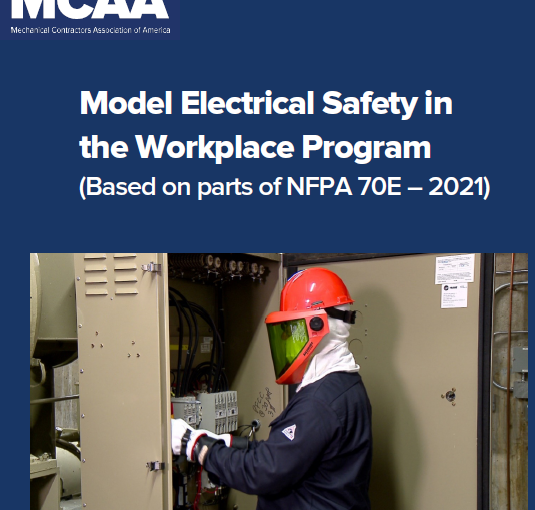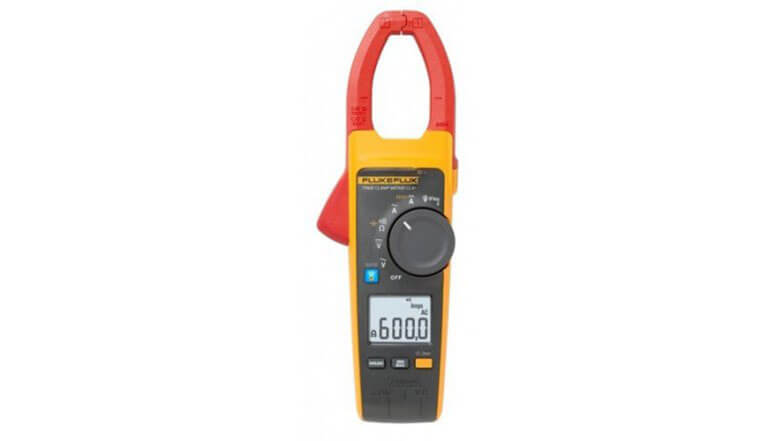Need to Update Your Electrical Safety Program to Comply with NFPA 70E – 2021? MCAA Has What You Need
NFPA 70E is the industry consensus standard for electrical safety in the workplace. It is part of the National Electrical Codes, and it is revised by the National Fire Protection Association every three years. The most current version is NFPA 70E – 2021. Parts of the standard help us protect our service technicians from electrical shock and arc flash hazards. One of the provisions in the standard calls for affected employers to establish an electrical safety in the workplace program. MCAA’s Model Electrical Safety in the Workplace Program, which addresses work on mechanical equipment pushing 480 volts or less, was recently revised to make it consistent with NFPA 70E – 2021.


